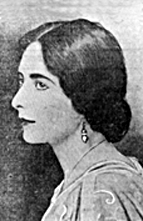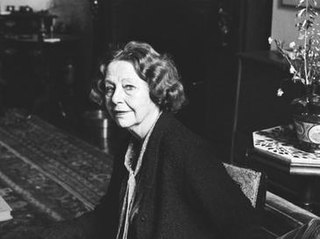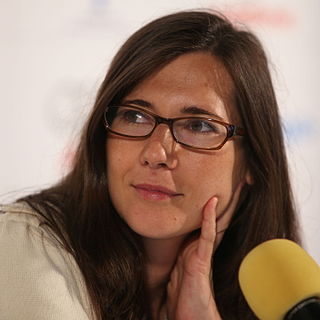A Quote by Mina Loy
Gertrude Stein ... the Madame Curie of language. Because in her deep research she has crushed thousands of tons of matter to extract the radium of the word.
Related Quotes
A writer has to take all the risks of putting down what he sees. No one can tell him about that. No one can control that reality. It reminds me of something Pablo Picasso was supposed to have said to Gertrude Stein while he was painting her portrait. Gertrude said, “I don’t look like that.” And Picasso replied, “You will.” And he was right.
Gertrude Stein, all courage and will, is a soldier of minimalism. Her work, unlike the resonating silences in the art of Samuel Beckett, embodies in its loquacity and verbosity the curious paradox of the minimalist form. This art of the nuance in repetition and placement she shares with the orchestral compositions of Philip Glass.
Pierre Curie voluntarily exposed his arm to the action of radium for several hours. This resulted in damage resembling a burn that developed progressively and required several months to heal. Henri Becquerel had by accident a similar burn as a result of carrying in his vest pocket a glass tube containing radium salt. He came to tell us of this evil effect of radium, exclaiming in a manner at once delighted and annoyed: "I love it, but I owe it a grudge."
If I say to my daughter, "Go say `hi' to Aunt Gertrude," there is a reason there. I'm teaching her manners. I think the idea that she'll say `hi' to Aunt Gertrude only if she wants to is the biggest crock of silliness I've ever heard. Yet I meet people everyday who were clearly brought up to think that if they didn't want to say "hi" to Aunt Gertrude, that was fine.






































